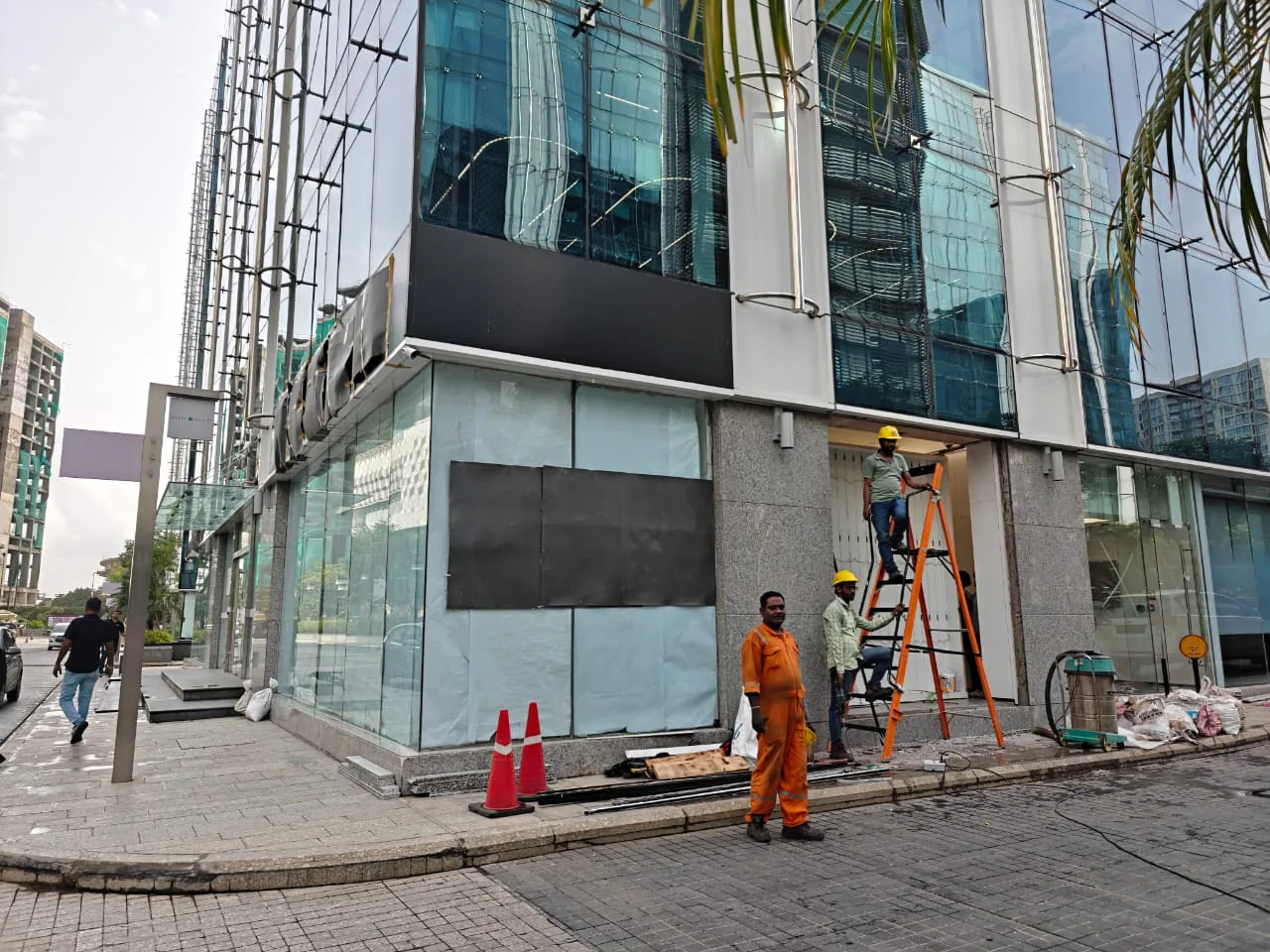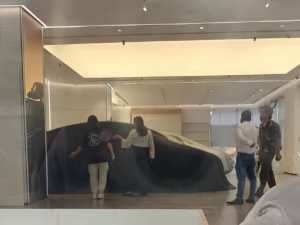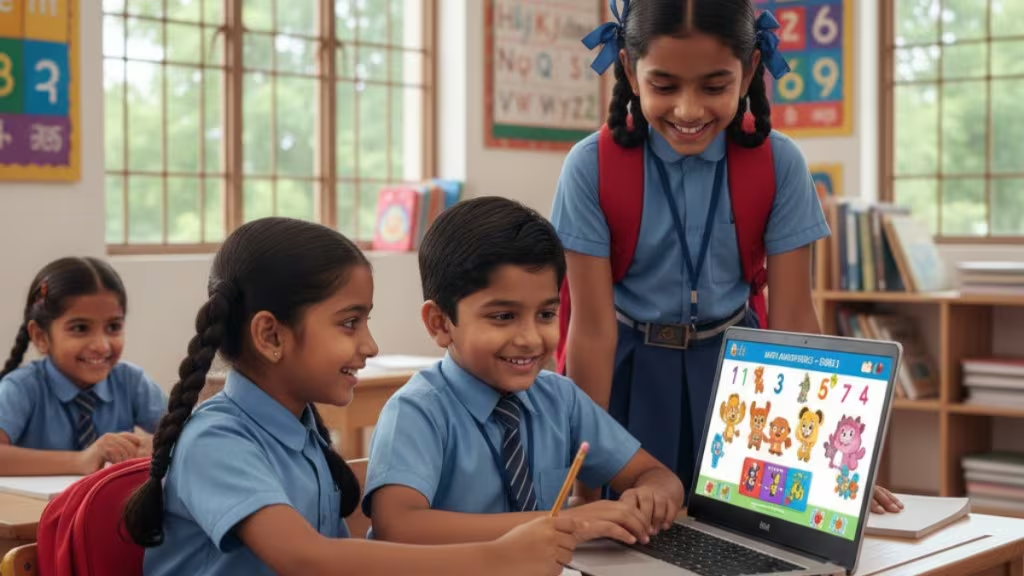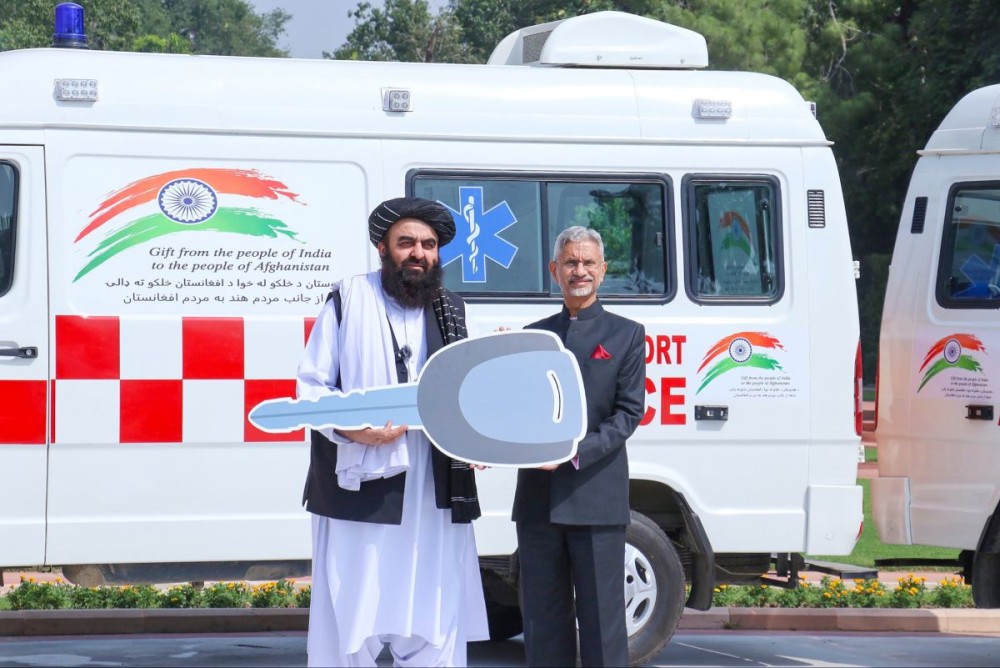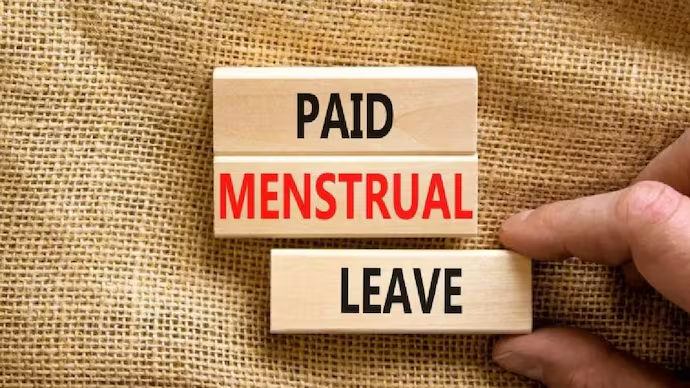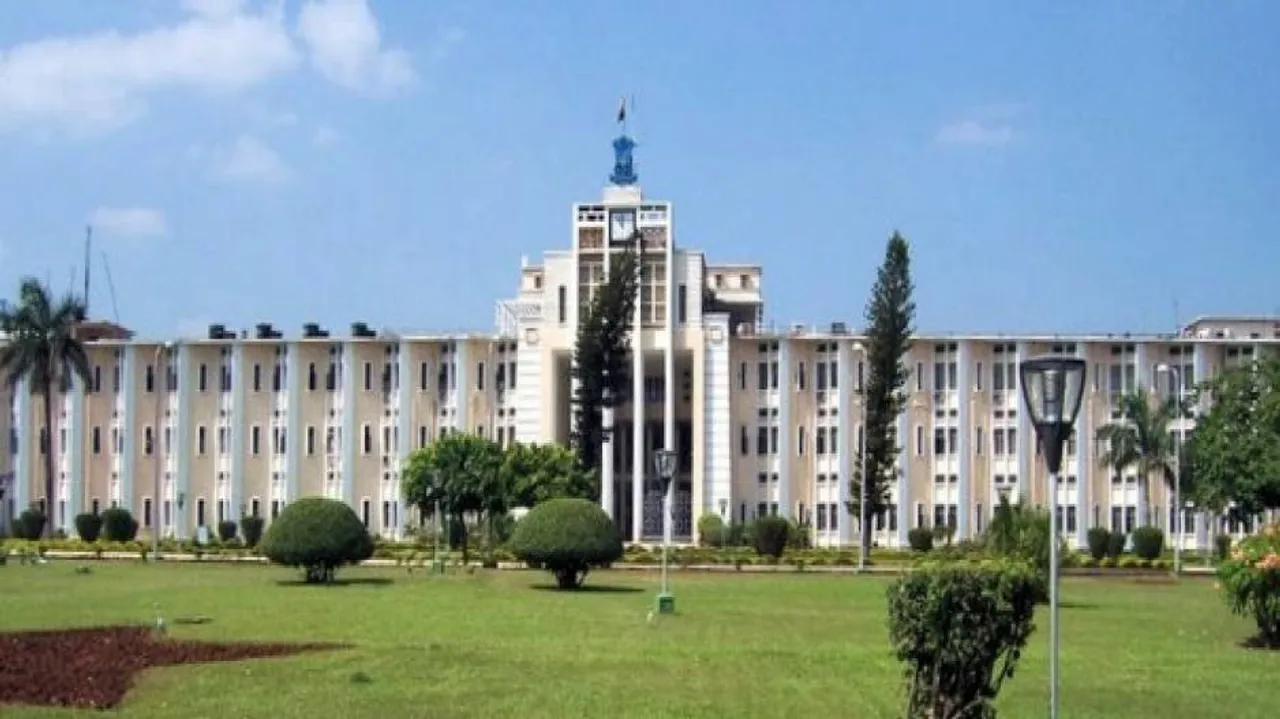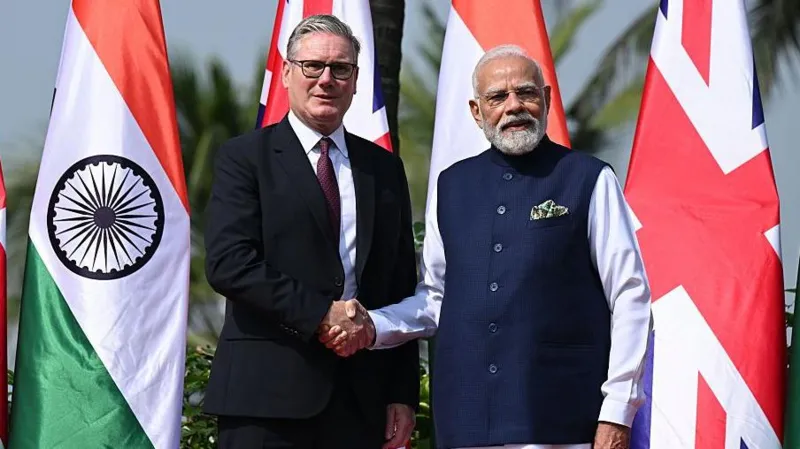Mumbai, July 12, 2025 — Tesla, the global electric vehicle (EV) giant led by Elon Musk, is set to officially enter the Indian market with the launch of its first showroom in Mumbai’s Bandra Kurla Complex (BKC) on July 15, according to a report by Reuters. The facility, described as an “experience centre”, marks Tesla’s physical debut in India after years of negotiations and regulatory hurdles.
In March, Tesla signed a lease deal for the BKC showroom, solidifying its intent to begin local operations. The company has also begun hiring in India and is scouting additional locations in New Delhi and Mumbai to expand its footprint.
First Cars Arrive from Shanghai
As part of its entry strategy, Tesla has already shipped five Model Y units from its Shanghai Gigafactory to Mumbai. According to Bloomberg, each vehicle was declared at a price of ₹2.77 million (approx. $31,988), with import duties exceeding ₹2.1 million per car due to India’s high 70% tariff on fully built imported vehicles.
Despite delivering these units for display and test purposes, Tesla has no immediate plans for manufacturing in India. Union Minister for Heavy Industries H.D. Kumaraswamy confirmed last month that the company was focusing only on showrooms for now.
“Tesla, we are not actually expecting them to manufacture in India. They are only here to start showrooms,” Kumaraswamy said in a statement to ANI.
No Special Treatment, Says Indian Government
Tesla’s India debut follows prolonged lobbying for import duty concessions, with Elon Musk earlier pushing for tax cuts of up to 70% on EVs priced under $40,000 and 100% for more expensive models. However, Commerce and Industry Minister Piyush Goyal clarified that India would not change policies for a single automaker, reiterating a level playing field for all global EV manufacturers.
“The government aims to attract all global EV manufacturers, not just Tesla,” Goyal said, according to PTI.
India Entry Amid Global Sales Pressure
Tesla’s push into India comes at a time when the company is facing declining sales in key markets like China and Europe. By entering the Indian EV space—considered one of the largest emerging markets globally—Tesla is seeking to diversify its customer base and build momentum in Asia.
However, the lack of local manufacturing and the high price tags due to steep tariffs may restrict its appeal to a niche premium segment in the Indian market—for now.


